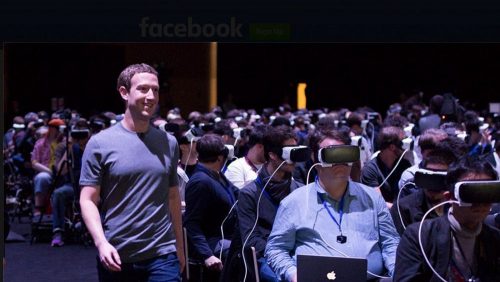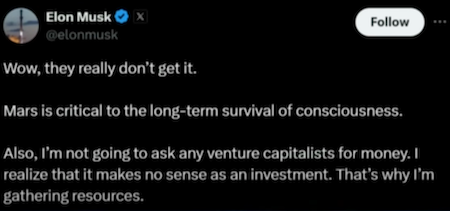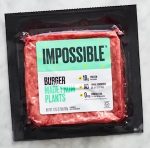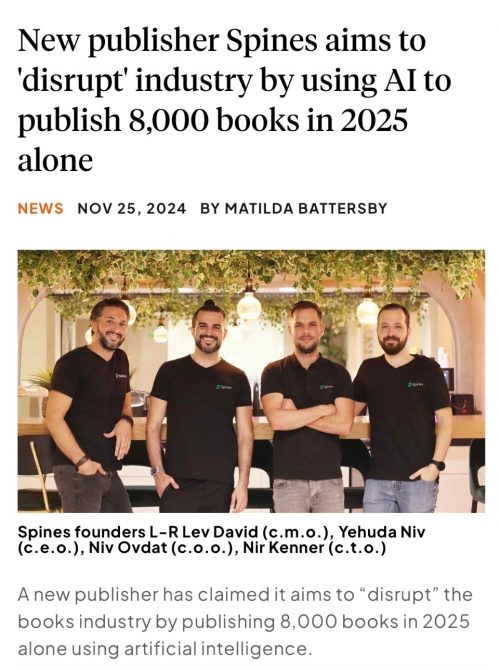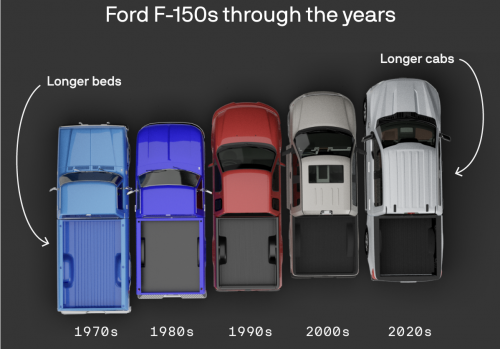It’s hard to believe they can actually do this, but Meta plans to make the Internet objectively worse.
Meta says that it will be aiming to have Facebook filled with AI-generated characters to drive up engagement on its platform, as part of its broader rollout of AI products, the Financial Times reports. The AI characters will be created by users through Meta’s AI studio, with the idea being that you can interact with them almost like you would with a real human on the website.
“We expect these AIs to actually, over time, exist on our platforms, kind of in the same way that accounts do,” Meta vice-president of product for generative AI Connor Hayes told the FT.
“They’ll have bios and profile pictures and be able to generate and share content powered by AI on the platform… that’s where we see all of this going,” he added.
Meta has already started dumping this crap online, allowing their bots to spawn on Facebook and Instagram. Isn’t Facebook already bad enough? Mark Zuckerberg hasn’t been good enough yet to explain why we need to give every yahoo who uses their services the ability to create more fake personas.
The AI characters aren’t a new feature. Meta has long invested in AI and has spent the past year stuffing all kinds of generative AI tech into its existing products. That included the release of its AI Studio in the summer, which quickly became a hotbed of virtual boyfriends and girlfriends.
Oh. You need a fake boyfriend or girlfriend? Zuckerberg prefers mindless bots to real human beings, I guess.

